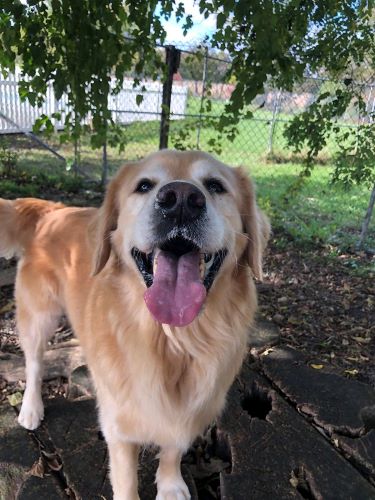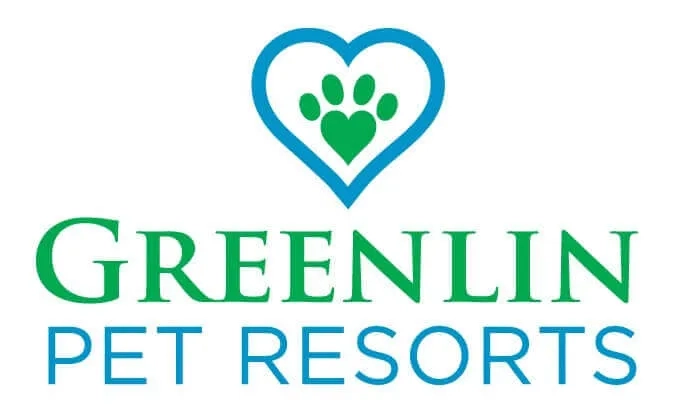Senior Dog Health Essentials: Common Conditions and Preventative Care

Many dog owners wish that their beloved pets could live forever. However, as with humans, age eventually starts to catch up with our pets. Dogs become “seniors” at different points depending on their size. For instance, small dogs usually enter old age between 11 and 12. Larger breeds enter this phase of life between seven and 10 years of age.
If your dog is nearing any of these age milestones, it’s wise to start planning for its future needs. At any age, it’s helpful to understand common conditions that affect elderly dogs and the steps you can take to help prolong your dog’s life. This guide equips you with the knowledge you need concerning senior dog care.
How to Care for a Senior Dog: Common Age-Related Changes
As dogs age, it’s common for their bodies and minds to change. These changes can be subtle or dramatic depending on their current health, genetics, and disposition. Note, too, that breed, size, and activity level all play a role in determining whether your pet has approached senior age.
If your dog is nearing old age, be mindful of the following:
Physical Changes
Dogs often slow down as they age. Their joints may become achy and stiff, and they may avoid dynamic movements like jumping, leaping, or running. Your dog’s energy levels may start to taper off or decline, and it might not have as much interest in intense physical activities. As your dog’s energy levels change, it may put on weight because of a lack of physical activity.
Additionally, it’s common for dogs to struggle with diminished sight or hearing. Their fur may turn gray or start to fall out, as well. Lastly, dental changes are common in older dogs. Your pet’s teeth may start to decay or fall out.
Behavioral Changes
As your dog ages, it may start to prefer a slower pace of life. Energetic dog park play dates might get replaced with evening walks. If your dog is in pain or discomfort, it may lose interest in physical activities altogether. Fast-paced play may seem irritating instead of invigorating. Your dog will likely have a lot of interest in resting and sleeping, especially in its twilight years.
Senior dogs may develop dementia, as well. This condition causes mental decline, confusion, and memory loss. Old dogs may even experience “Sundowner Syndrome”, a condition that causes wandering, confusion, and agitation in the evening hours.
How to Care for a Senior Dog: What Specific Health Conditions Affect Senior Dogs?
Health conditions in elderly dogs can vary depending on a dog’s age, breed, genetics, and overall health. Therefore, this list is not exhaustive. You should always consult with a vet to understand your dog’s risk factors and plan accordingly. With that in mind, some of the common conditions that affect senior dogs are described below.
Blindness or Deafness
As dogs age, their sight and hearing may falter. Dogs can develop cataracts as well. These thin, opaque growths cover the lens of the eye and may lead to partial or full blindness. Surgeons can remove cataracts, but dogs often learn to live with them since their other senses are so sharp. Dogs can also adapt to deafness since they can rely on their smell. Nevertheless, diminished sight and hearing can impact a senior dog’s life, so it’s wise to be mindful of both conditions.
Arthritis
Arthritis is a common condition in elderly dogs. Arthritis occurs when a dog’s joints become inflamed or tender. In most cases, arthritis affects the elbows, hips, wrists, or knees.To manage arthritis, your vet may prescribe medications, physical therapy, or even surgery in extreme cases. Arthritis can be highly limiting for your pet, so you’ll want to consult with a vet at the first signs of stiffness or discomfort.
Diabetes
Dogs can develop diabetes because of a genetic disposition or excessive weight. Obesity can affect a dog’s heart, lungs, joints, and overall health, so it’s crucial to monitor your pet’s food intake and to adjust its diet if needed. This is especially true for older dogs since the combination of overeating and diminished activity levels can quickly lead to weight gain.
Cancer
Cancer develops in dogs for many reasons, including genetics, prolonged sun exposure, pesticides, air pollution, or tobacco smoke. Studies prove that cancer happens more frequently in older dogs, although any dog at any age is susceptible to this disease. Treatments will vary depending on the location and severity of the cancer.
Preventative Care Steps for Every Owner
At this point, there is no magic pill to reverse aging. With this in mind, dog owners should take preventative steps from an early age to help their dogs age comfortably. Starting before your dog reaches old age gives your pet the best chance of living a long and vibrant life.
Examples of preventative and acute care for aging dogs include:
- Visit your veterinarian: Above all, it’s crucial to regularly take your dog to the vet. Your vet knows the signs and symptoms of age-related conditions. They’ll suggest science-based steps for maintaining your senior dog’s health. During routine check-ups, the vet can conduct a physical, complete blood work, and consult with you regarding your dog’s diet, physical activities, and routines. They’ll also point out concerning symptoms or behaviors that you may need further attention.
- Stay on top of ongoing and age-related cares: Dogs may need preventative medications to guard against heartworm, ticks, and fleas. Further, your dog may take specific medications for age-related conditions, like joint supplements or pills to manage arthritis and dementia. You should adhere to your vet’s recommendations for frequency and dosage on all medications.
- Keep them active: Your pet’s activity levels may decline as it ages. That said, you should still try to incorporate physical activity into your dog’s daily routine. Play fetch, go for walks, and visit with other dogs and humans for your dog’s physical and emotional well-being.
- Maintain a good diet: You may need to adjust your dog’s diet as it ages. Older dogs need additional vitamins and minerals to maintain their overall health. Senior dog foods contain ingredients that strengthen your dog’s heart, brain, bones, and muscles. A good diet significantly impacts your dog’s overall health and lifespan.
- Spend quality time together: Dogs benefit from human companionship and interaction. Set aside time to take your dog on walks, play games together, and rest. These valuable interactions prevent your dog from feeling isolated or unstimulated.
How Greenlin Pet Resorts Helps You and Your Pets
At Greenlin Pet Resorts, we understand the immense responsibility of caring for a senior dog — especially one with health concerns. Whether your pet is here for dog boarding, dog daycare, or dog training, we’ll carefully monitor them and follow your specific instructions for care, feeding, and physical activity. We can also accommodate special needs, like administering certain medications or supplements throughout the duration of their stay. Each of our facilities offers plenty of space for pets to roam, play, and relax.
Greenlin offers six convenient Harrisburg locations to choose from. Get in touch with the location closest to you today to request a tour and find out how we can help your dog have the time of its life, well into its old age.
